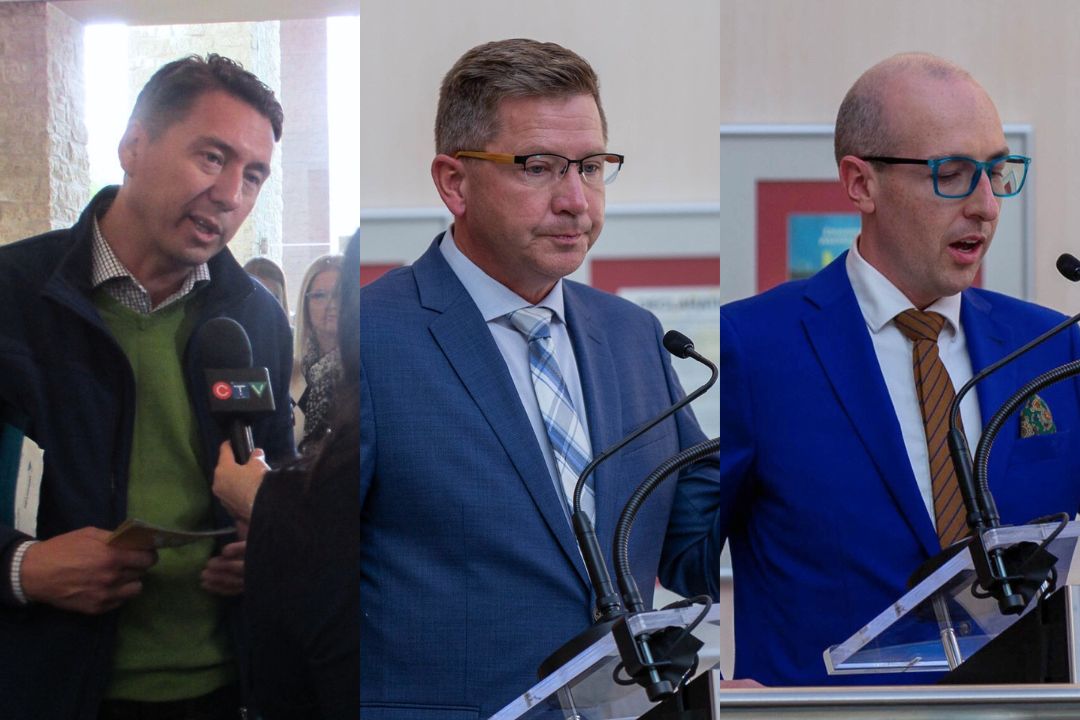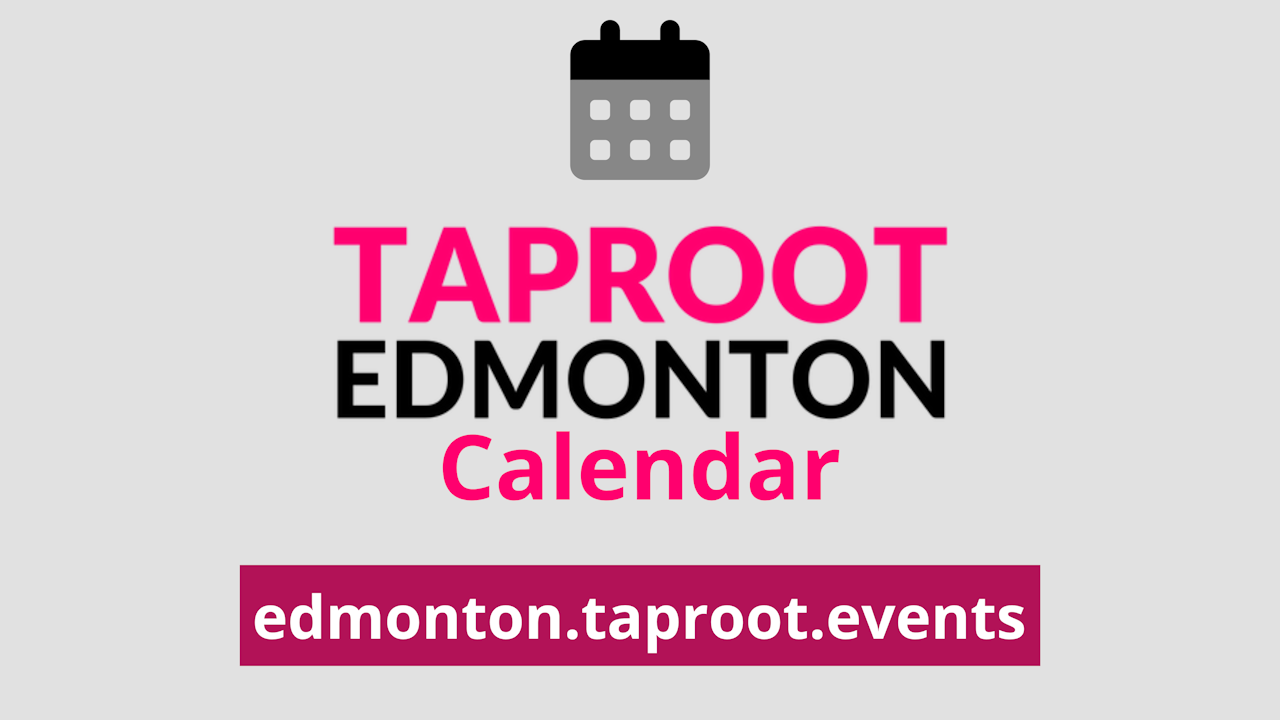
Explainer: What's a weak mayor — and why could it matter for the 2025 election?
Few Albertans will approach the ballot box this October intending to elect a weak mayor, but that's exactly what they will get. As part of Taproot's ongoing election analysis and coverage, today we examine what's known as the weak mayor system, where the mayors we're set to elect in the Edmonton region will largely be equals among their council peers and therefore lack executive, or "strong" mayoral power to push policies through without first convincing at least half of the council to vote with them.
How does this affect elections, voter perceptions, and the results of those we elect? Taproot has endeavoured to ask those questions and find out.
The current weak mayor system
As Brian Kelcey, a former advisor to the mayor in Winnipeg, has argued, most Canadian cities are still governed under the "same weak-mayor model as a 19th century Upper Canada Village." In a nutshell, this means that most mayors in Canada (and all in Alberta) are effectively just another councillor with an equal vote to the others, plus some additional duties, like chairing council meetings or serving as a figurehead at ceremonial events. Mayors are also, unofficially, the email address or name that residents often channel their blame towards when something isn't to their liking in a city.
Why does this matter? When it comes to elections, Kelcey suggests the weak mayor system can create a "disconnect" between voters and the actual power of the mayors they elect. As he points out, mayors routinely receive more votes in a municipal election than all other councillors combined. That means any platform they may have run on to win those votes, like say, promising to build more transit or incentivize more housing, has a strong mandate from voters. But the weak mayor system requires them to work in the background to marshal at least half of the council to agree with them. And beyond this limitation, mayors in these systems are also often tasked with chairing meetings, often silently.
On the ground, Kelcey has argued, this means that mayors can be less prominent than you might expect in council debates. He points to Calgary for an example: In 2022, Mayor Jyoti Gondek voted no on a police request for an additional $6 million beyond an already-approved $9.6-million increase, having run and won more than 176,000 votes on an election platform that promised a "progressive police force". A majority of councillors voted to give the police the money, with Gondek losing the vote 11 to 4. Kelcey noted that Gondek had not articulated her position because she was chairing the meeting; instead, her reasoning to vote no — that the police had not delivered on commitments to work on anti-racism, among other things — only came out in interviews after the vote.
Taproot looked at Edmonton Mayor Amarjeet Sohi's voting record from 2021 to today and where, in particular, he was on the losing side of council votes. One trend is that many of the motions that Sohi has introduced during this council term have been procedural — to go in-camera, to meet in public — as would be expected from someone who is often the meeting chair, so he tended to win those. Nonetheless, Sohi did lose on several votes on issues that people care about. In 2023, for example, Sohi voted against amending bylaws to allow for mixed-use buildings with a focus on supportive housing in McCauley, but the majority of council disagreed; in 2022, Sohi voted no on a motion from Coun. Anne Stevenson about the police funding formula that council passed; in 2022, Sohi voted no on several motions from Coun. Tim Cartmell about snow and ice removal that council passed. This is far from an exhaustive list, and anyone wanting to dive deeper can examine the full list.
Jack Lucas, a political scientist at the University of Calgary who's a leading researcher in Canada on municipal democracy and representation, told Taproot that voter disconnect can boil down to a general challenge for voters to understand what council did, and then further to understand who on council did that thing. "All it takes is a majority vote of council, including the mayor, for a bylaw to pass," Lucas said.
What that means is there can often be no clear delineation or responsibility. "In the absence of parties, it's hard to understand (who's done a thing), because you don't have a councillor who's in the opposition or who's in the majority, and the same is true of the mayor," Lucas said. "So, if council does something, it may have been against the wishes of the mayor, but it takes some explaining on the part of the mayor or the mayoral candidate to make that clear. In provincial or federal politics, if the government did something, you know it was the government party responsible and you can hold them accountable, (and) reward or punish them accordingly."
In a weak mayor system, Lucas continued, the lack of clarity leads to interesting votes once the next election comes around. "Sometimes, if people are unsatisfied with what their council has done, they will punish all of council or the mayor, even if it wasn't necessarily all of council or the mayor who supported those things," he said.





